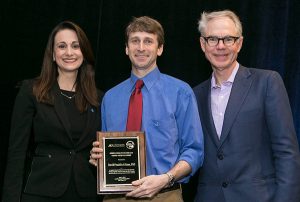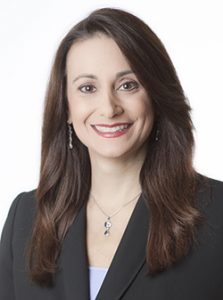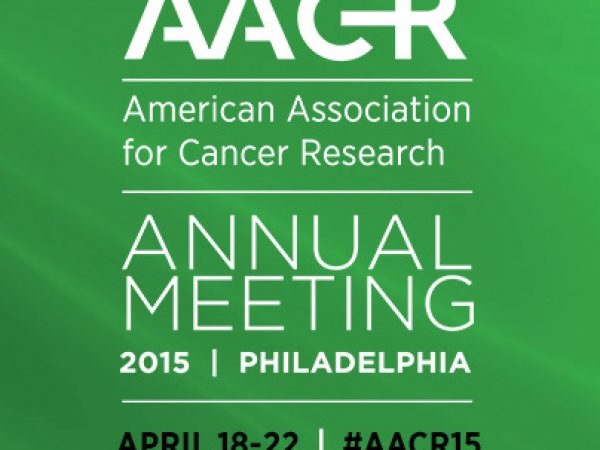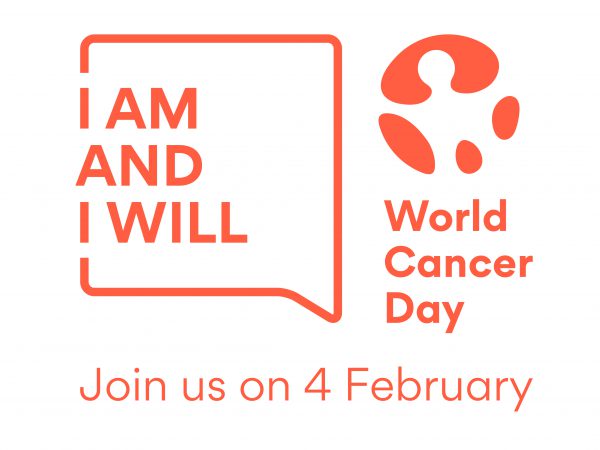Turning a Diagnosis into a Dream for a Cure
Editor’s Note: November is Curing Stomach Cancer Month.
Stomach cancer, also termed gastric cancer, is among the most commonly diagnosed cancers globally, with some of the highest incidences reported in Asian nations, such as China and Japan. While stomach cancer is not as prevalent in the United States, it is typically accompanied by a poor prognosis, since most patients are diagnosed at late stages of the disease when it becomes more difficult to treat. Indeed, it is estimated that only 4.5 percent of patients diagnosed with metastatic stomach cancer in the United States will survive beyond five years. Conversely, patients diagnosed at earlier stages of the disease (when the cancer is localized to the stomach) face a much better prognosis, with 65.4 percent of patients surviving beyond five years. These data clearly indicate the need for better early detection approaches and improved therapies for this cancer type.
Debbie Zelman, Esq., a successful lawyer, wife, and mother of three, was forced to face these difficult odds in 2008, when she was diagnosed at 40 years old with stage 4 stomach cancer. “I was told that my cancer was inoperable and incurable, and I would need chemotherapy for the rest of my life. At the time of my diagnosis, there were very few effective treatment options for advanced stomach cancer,” recalls Zelman. “I immediately began to educate myself about this disease and to seek the best available care.”
However, in her search, Zelman realized that there were few effective treatment options and a lack of information available for stomach cancer patients and their families. Much of this paucity of information regarding stomach cancer stemmed from the fact that this type of cancer is not one of the more prevalent in the United States (it ranks 15th on the list of most common cancers in the United States), and therefore did not have the same allocated resources that are available to patients dealing with more common cancers.
Recognizing the need to not only create a resource for stomach cancer patients and their families, but also fund critical biomedical research focused on the disease, Zelman created Debbie’s Dream Foundation: Curing Stomach Cancer (DDF). “In 2009, I started DDF to aggressively and immediately fund research into innovative, progressive, and cutting-edge treatments for stomach cancer,” says Zelman. “My hope was to improve the diagnosis and treatment for this disease, to raise awareness about stomach cancer, and to provide information and assistance to stomach cancer patients, their families, and caregivers.”
Zelman’s dedication to overcoming her disease, and to helping others similarly afflicted, is inspiring – and making a significant difference. In 2014, DDF successfully advocated to have stomach cancer included among the cancers eligible for research funding under the U.S. Department of Defense’s Peer Reviewed Cancer Research Program (PRCRP). “The result,” Zelman says, “is that stomach cancer is now one of 11 cancers eligible for $50 million in research dollars.”
In addition to advocating for increased federal funding for stomach cancer research, Zelman is diligently working to raise funding for research through DDF. “There is very little research being conducted on stomach cancer for a variety of reasons, including a lack of funding and a limited number of scientists and physicians specializing in stomach cancer,” notes Zelman. “DDF strives to increase the treatment options available for stomach cancer patients by directly and indirectly funding stomach cancer research.”
In 2014, DDF became a valued partner of the American Association for Cancer Research (AACR), supporting the very first Debbie’s Dream Foundation-AACR Gastric Cancer Research Fellowship.

Debbie Zelman, Esq., the first Debbie’s Dream Foundation-AACR Gastric Cancer Research Fellowship Grantee David Franklin Allison, PhD, and former AACR President Charles Sawyers, MD, at the AACR Annual Meeting 2014.
When asked why her foundation was interested in funding young investigators, Zelman replied, “We know that young researchers cannot pursue their brilliant ideas without funding. Through our grants, we want to entice the young bright minds in cancer research into the field of stomach cancer.” DDF hopes that by funding investigators early in their career, it will provide these young investigators with the necessary resources to pursue larger federal grants that can boost their careers as academic scientists and clinicians whose focus is on stomach cancer.
The DDF-AACR Fellowship program continues to fund young investigators at the earliest, and perhaps most crucial, stages of their careers. In 2015, DDF increased their support to include two fellowships, and in 2016, in addition to the DDF-AACR Fellowship program, the AACR will launch the inaugural DDF-AACR Career Development Award. This two-year grant is intended to support junior faculty by providing critical funding to jumpstart their research programs in stomach cancer. Both the 2016 DDF-AACR Fellowship and DDF-AACR Career Development Award are currently accepting applications. The deadline for submission is December 17, 2015.
Looking forward, Zelman continues to see hope on the horizon. Seven years after her diagnosis, she is still living her life to the fullest and remains dedicated to finding a cure for this disease. “I turned my personal challenge and the upheaval of my life into a positive force to create a better future for people diagnosed with stomach cancer,” Zelman says. “It is my dream that, with increased funding, more treatments for stomach cancer will become available sooner, and a cure will be found.”




